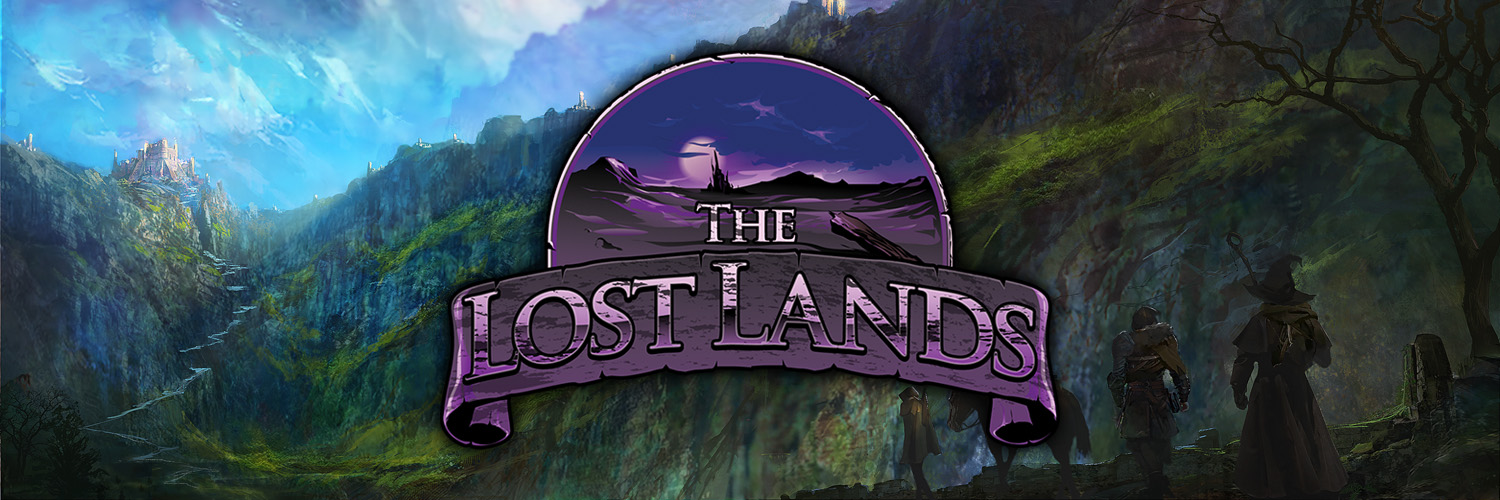High Karst
Isolated and alone, High Karst has developed an independent spirit and unique culture unmatched almost anywhere else in Akados. High Karst benefits from a strategic location on the banks of the Shimmering River in a remote tract of land in the shadow of the Stoneheart Mountains to its west. It traces its origins to an unusual bargain between the xenophobic mountain dwarves and their human adversaries. In 478 I.R., Clan Tusov ceded a slightly elevated plateau to a band of Hundaei warriors in exchange for the horse warriors’ support against the hated Hyperboreans. After fulfilling their end of the pledge in a battle against the Hyperborean legions, the surviving Hundaei pitched their yurts and took up what they believed to be temporary residence on the lush pasture. They and their subsequent generations peacefully remained in this remote corner of the world for the next 2,000 years, though over that time their Hundaei heritage became increasingly diluted as they adopted more Hyperborean customs and became acclimated to a sedentary lifestyle. Their transformation became complete when a mutinous cohort of Hyperborean soldiers joined forces with their old enemies to formally found the city of High Karst in 2390 I.R.
During the first few years of High Karst’s existence, political wrangling between the Hundaei old guard and the Hyperborean commanders, particularly their leader Oeanicus, threatened to unravel the fragile alliance between the old foes. However, in shocking fashion, the headstrong Oeanicus agreed to a power-sharing arrangement with the Hundaei. The turmoil slowly died down, and within three generations the lines between the Hundaei and the Hyperborean blurred into nothingness. The influx of elven and Nûklander blood over several centuries erased any traces of the Hundaei’s former lineage and created one of Akados’ most diverse gene pools.
Today, High Karst revels in its eclectic traditions and origins. In homage to its Hundaei roots, the sprawling city has no defensive walls, fortifications, or battlements. Instead, 100 mounted archers stand at the ready to defend High Karst against any enemy. Another 645 professional spearmen and 300 cavalry troops complement this mobile unit along with four siege engines (three ballistae and one trebuchet). However, stone and wooden structures replaced the old leather tents centuries ago.
Although most of High Karst’s 1,277 acres are devoted to agriculture and animal husbandry, the city is best known for the few small quarters catering to a seedier industry, the manufacture and sale of hallucinogenic agents, especially celestial cap mushrooms and peyote. These narcotics are legal and easy to find in High Karst provided they are used under the supervision of one of the licensed dealers scattered throughout the city. Mayor Thancles personally issues these licenses to merchants. In addition to passing the mayor’s character assessment, these individuals must also undergo basic medical training. Because of these stringent requirements, some unscrupulous entrepreneurs who cannot pass muster attempt to illegally sell these products in back alleys and other discreet locales. Thancles’ agents often successfully root out these illicit establishments and treat their operators to an extended stay in High Karst’s notoriously brutal prison system. The punishment for transgressing Thancles’ laws can be severe, but some believe the rewards outweigh the risks, even if they only engage in the highly lucrative business for short periods of time. Wealthy clientele from Apothasalos and Bard’s Gate who make the trek to distant High Karst can spend ungodly amounts of coin indulging their appetites for such earthly pleasures for days or even weeks at a time. Indeed, the city’s name is a double entendre referring to its elevation above the surrounding lowlands on one hand and the legal use of narcotics on the other. This perception is so pervasive that even the neighboring mountain dwarves refer to the humans inhabiting the city as unmotivated stoners who pose no serious threat to their hegemony over the Stoneheart Mountains.
Despite the laissez-faire attitude toward the use of hallucinogens, High Karst’s authorities have no tolerance for most other vices. The city frowns upon prostitution and gambling, while tightly regulating the distribution and sale of alcohol. Visitors sometimes fret that it is easier to find a peyote den than it is to locate a tavern within the city. Those who seek the latter often venture here to acquire one of High Karst’s renowned composite bows that are made using traditional Hundaei components and techniques. The bowyers who manufacture these weapons personalize each bow to their owner’s height and weight specifications as well as their personality, making them a popular gift for Akados’ elite warriors and citizens.
Settlement
High Karst, City of
Type
City
Owning Organization











Comments